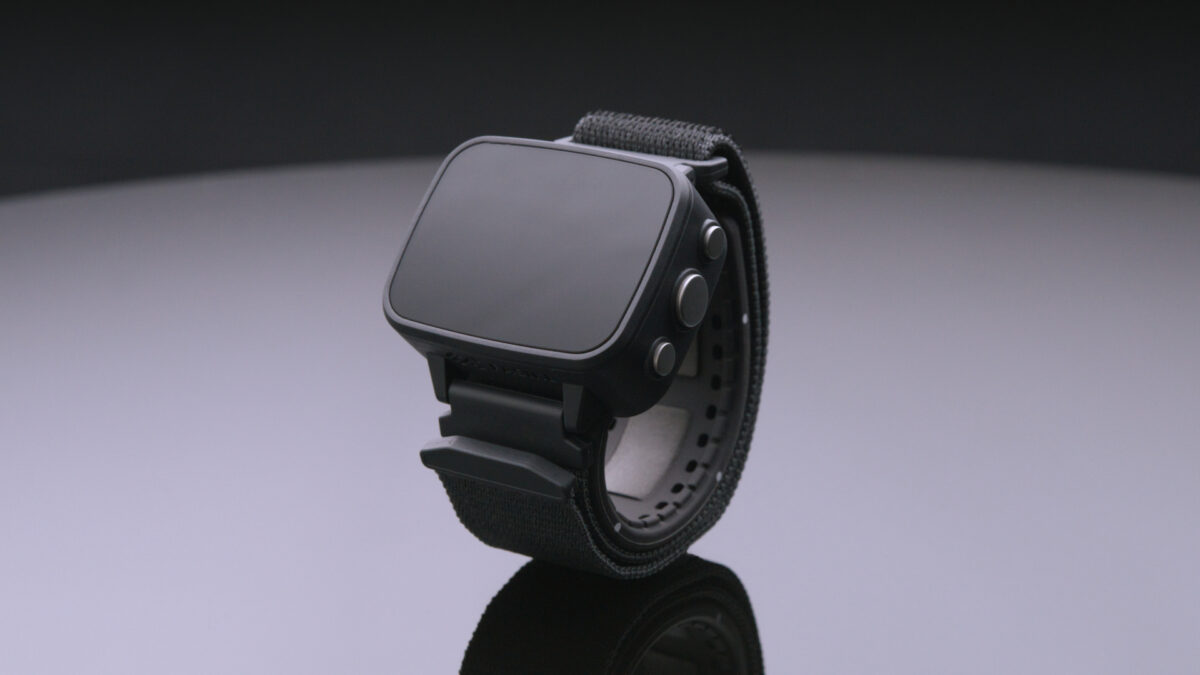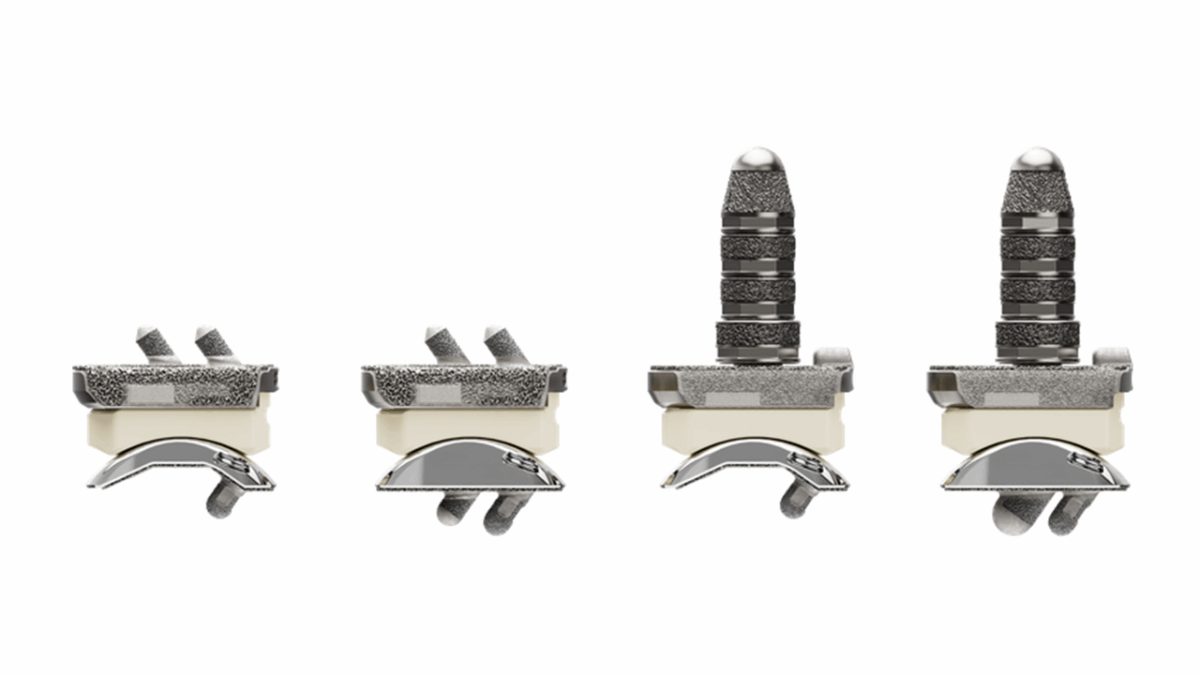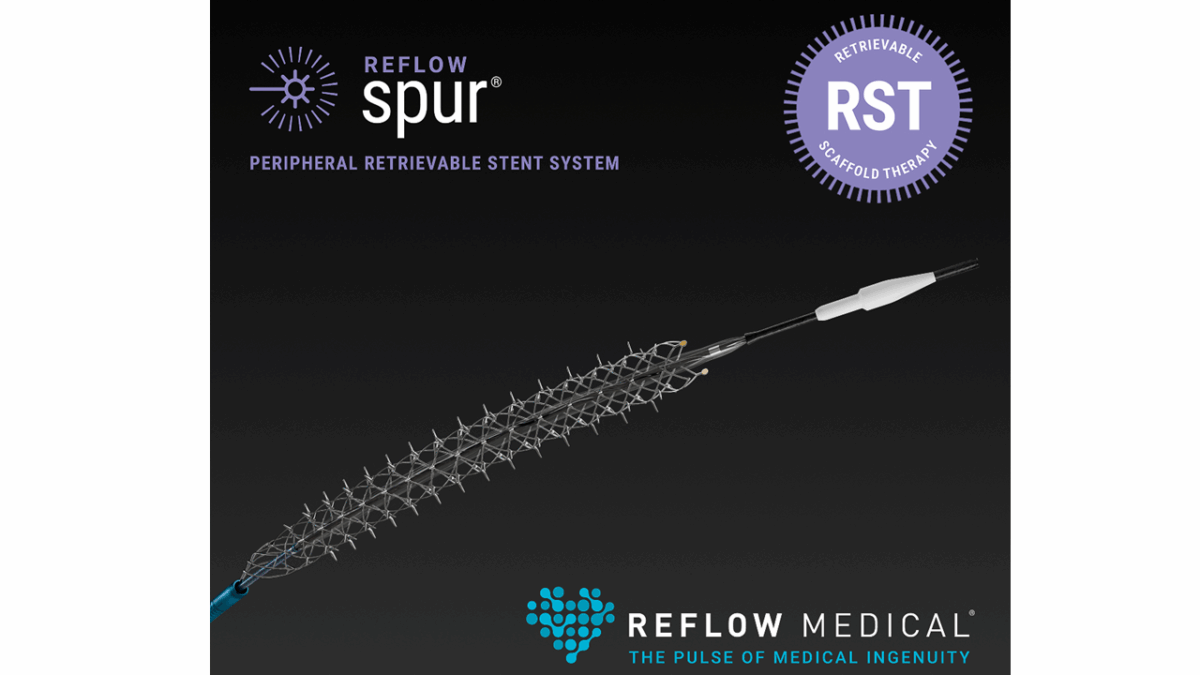Roche has received Breakthrough Device designation from the US Food and Drug Administration (FDA) for its Elecsys pTau217 early Alzheimer’s blood test.
This test, which is being co-developed with Eli Lilly, has the potential to facilitate earlier and more accurate detection of the disease.
The Elecsys pTau217 assay is designed to detect amyloid pathology, a hallmark of Alzheimer’s disease, by measuring phosphorylated tau protein in human plasma.
A positive result on the test indicates a high likelihood of amyloid presence, as confirmed by amyloid PET scans or cerebrospinal fluid (CSF) testing. Conversely, a negative result suggests a low probability of amyloid pathology, guiding healthcare providers in clinical decision-making and potentially ruling out Alzheimer’s disease in symptomatic patients.
There are currently no FDA-authorized blood tests for detecting Alzheimer’s disease. However, Roche has several CSF tests on the market, which include assays in the company’s Elecsys line that are used in conjunction with PET in the diagnosis and monitoring of the disease.
The Elecsys pTau217 assay is being developed for various use case scenarios, including clinical trials or determining eligibility for approved disease-modifying therapies. If approved, the test could help rapidly “broaden access to a more timely and accurate diagnosis and potentially mitigate the impact of Alzheimer’s disease on people and society,” said Roche in a statement announcing the breakthrough designation.
Over 6.9 million people live with Alzheimer’s disease in the US with the number of cases expected to rise to 13 million by 2050. Roche says one in nine Americans over 65 have Alzheimer’s dementia, the most common form of dementia. The disease has an estimated $360 billion cost to the US economy.
XTALKS WEBINAR: Managing Biomarker/Companion Diagnostic (CDx) Programs with Pharma: A Diagnostic Company’s Perspective
Live and On-Demand: Tuesday, May 21, 2024, at 11am EDT (4pm BST/UK)
Register for this free webinar to explore some of the realities of managing CDx development programs with pharma and biotech partners from a diagnostic providers’ perspective.
“The incidence of dementia is growing worldwide, with 75 percent of cases remaining undiagnosed. Consequently, there is a critical role for diagnostics to play in addressing this global health challenge,” said Matt Sause, CEO of Roche Diagnostics, in the company’s news release.
“We believe pTau217 is going to be crucial in the diagnosis of Alzheimer’s disease, a condition where Roche Diagnostics is committed to improving the lives of patients worldwide.”
Roche and Eli Lilly announced their partnership to develop the assay last year in March, which included launching a two-year clinical trial involving hundreds of volunteers.
“The development of the Elecsys pTau217 plasma assay is another milestone in our collaboration with Roche Diagnostics that will advance the Alzheimer’s diagnostic ecosystem,” said Anne White, executive vice president of Eli Lilly and Company, and president of Lilly Neuroscience. “We’re excited to help meet the growing need for additional diagnostic tools to enable a timely and accurate diagnosis for people with Alzheimer’s disease.”
Related: Quanterix’s LucentAD Test May Help with Early Diagnosis of Alzheimer’s
With some of the first approved Alzheimer’s therapies targeting the disease’s pathology having hit the market in the last couple of years, including Eisai’s amyloid-beta-targeting monoclonal antibody Leqembi (lecanemab), which was approved in January 2023, there is a need for accessible, rapid and easy-to-use diagnostics to help determine eligibility for the drugs and treatment monitoring.
Currently, an Alzheimer’s diagnosis is made using CSF tests, which involve invasive lumbar puncture, and expensive PET scans that are not available at every clinical center in the US.
The approval of amyloid-beta-targeting therapies like Leqembi and recently discontinued Aduhelm (aducanumab) have come with controversy around their clinical effectiveness. Joint makers Biogen and Eisai decided to pull Aduhelm because of the continuing questions and lower-than-expected uptake by insurers and providers due to its high cost.
Alongside its partnership with Roche on diagnostics, Lilly is also developing an amyloid beta therapy of its own, donanemab. The drug is currently facing a regulatory hiccup as the FDA wants to convene an advisory committee meeting to further discuss issues about its safety and efficacy based on Phase II trial results.
To help advise on new Alzheimer’s drug submissions, the FDA issued draft guidance on developing drugs for the treatment of early Alzheimer’s disease last month. According to the draft document, a reduction in amyloid levels could be used as a surrogate in clinical trials as a predictor of a drug’s potential benefits and could support an accelerated agency approval. However, the guidance doesn’t say whether it could serve as a study’s primary endpoint on its own.
Previously, Roche secured an FDA breakthrough tag for another one of its Alzheimer’s blood tests that detects levels of pTau-181 and ApoE4 (apolipoprotein e4). It also nabbed FDA approvals for two pairs of Elecsys in vitro diagnostics for the analysis of amyloid and tau in CSF.
Although no formally approved Alzheimer’s blood tests are on the market, C2N Diagnostics’ Alzheimer’s tests are among the first available for consumer purchase. The company’s Precivity blood tests detect both amyloid beta and tau proteins. Last month, Eisai announced a $15 million investment to support the expansion of the tests with respect to availability, accessibility, affordability and utilization across the US.
If you want your company to be featured on Xtalks.com, please email [email protected].












Join or login to leave a comment
JOIN LOGIN